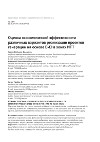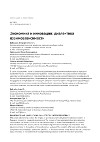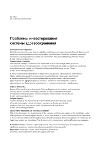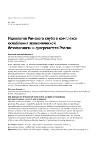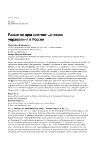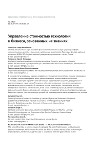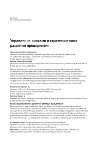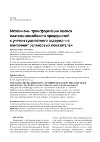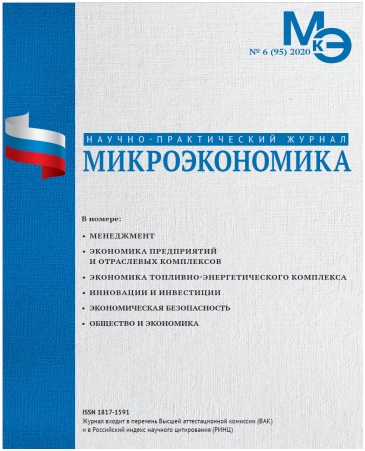
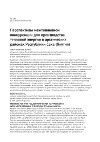
DOI: 10.33917/mic-6.95.2020.56-61
Reliable and uninterrupted supply of energy resources to the Arctic territories of the Russian Federation in the extremely harsh climatic conditions of the North is the primary state task of state authorities at each level. Therefore, it is necessary to analyze the factors that determine the priority demand for energy resources that have the highest efficiency of their use. As a result of the analysis of the use of traditional types of primary energy resources, such as coal, crude oil, diesel fuel and gas condensate at the enterprises of electric and heat power engineering of the Arctic regions of the Republic of Sakha (Yakutia), inter-fuel competitiveness was revealed. Calculations have been made of the energy and environmental efficiency of using alternative fuels, such as liquefied natural gas (LNG) instead of the existing traditional types of fuel for boiler houses in the Arctic regions of the republic. Methods for assessing the energy and environmental assessment of the efficiency of replacing traditional fuels with liquefied natural gas for the production of heat energy at heat power plants in the Arctic regions of the Republic of Sakha (Yakutia), which are universal for use in each region with local heat supply to its territories, are proposed.
Продолжить чтение



